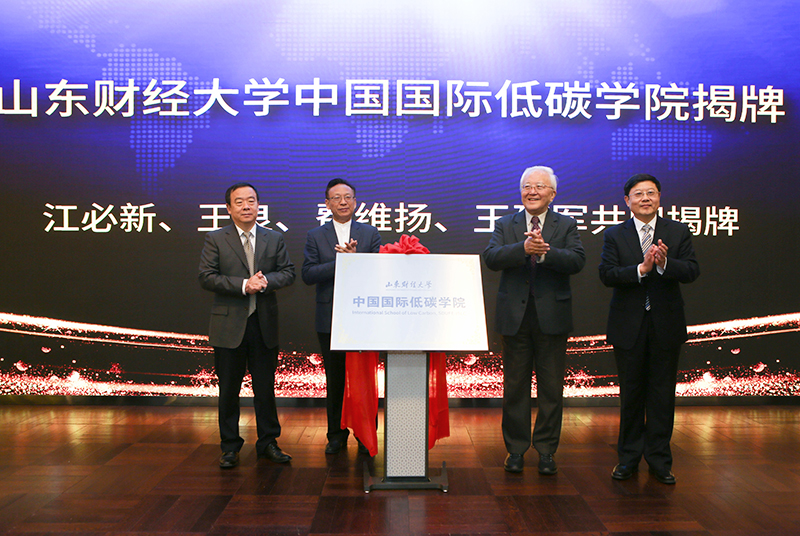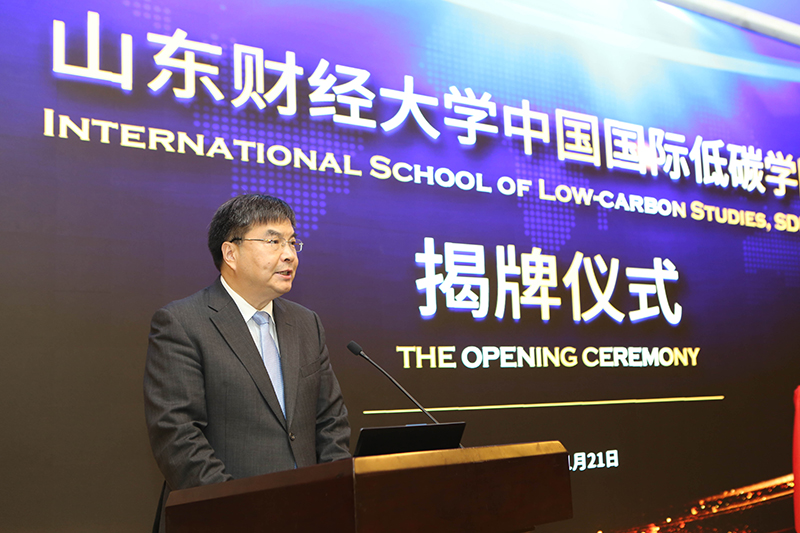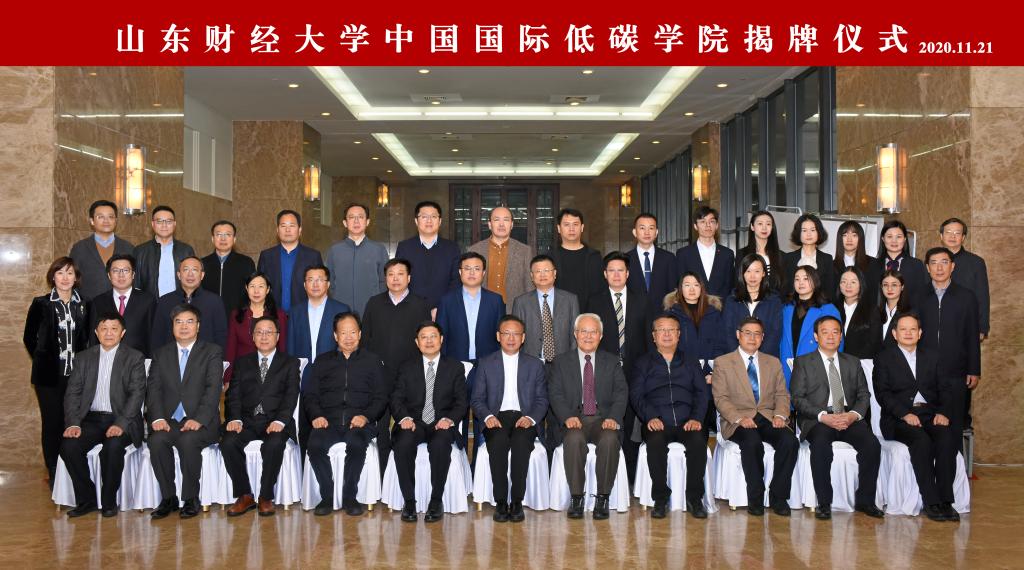Vice Chairman of the Constitution and Law Committee of the National People's Congress, former Deputy Secretary of the Party Group of the Supreme People's Court, and Vice Yuan Changjiang Bixin; Professor Fei Weiyang, academician of the CAS Member; Wang Liang, Deputy Secretary and Deputy Director of the Party Group of the Standing Committee of the Shandong Provincial People's Congress; Hou Chang'an, former member of the Standing Committee of the Hubei Provincial Committee and Secretary of the Provincial Commission for Discipline Inspection; Zhang Baoxin, former member of the Party Group of the Three Gorges Office of the State Council; Pan Jiahua, member of the Academic Department of the Chinese Academy of Social Sciences; Huang Jianzhong, Chairman of the China Electronic Energy Conservation Technology Association; Chen Jianbo, former Deputy Director of the Immigration Bureau of the Three Gorges Office of the State Council; Li Peng, member of the China Policy Expert Pool in the State Council Research Office and Secretary General of the China Association for the Promotion of Low Carbon Economic Development; Bai Hao, Deputy Secretary of the Education Working Committee of the Provincial Party Committee, Deputy Secretary of the Party Group and Deputy Director of the Provincial Department of Education; Our school's Party Secretary Wang Shaojun, Deputy Party Secretary Zhao Youchun, Vice President Qi Haodong, as well as representatives from academia, business, and news media, as well as more than 50 heads of relevant functional departments and colleges of the school, witnessed the unveiling ceremony. Principal Zhao Zhongxiu presided over the unveiling ceremony.

At 8:40 am, the Zhonghua Hall of Shandong Building was filled with high friends and Shengyou Xianji. Amidst enthusiastic applause, Jiang Bixin, Fei Weiyang, Wang Liang, and Wang Shaojun jointly launched a red silk ceremony to unveil the China International Low Carbon School at Shandong University of Finance and Economics. It is reported that this is the second low-carbon college established in China and the first low-carbon college in Shandong. Since 2019, under the guidance of the National Development and Reform Commission, the Ministry of Ecology and Environment, and relevant departments in Shandong Province, and with the support of relevant institutions and departments such as Tsinghua University, China Three Gorges Group, China Association for the Promotion of Low Carbon Economic Development, and China Electronic Energy Conservation Technology Association, our preparatory work group for the Low Carbon College of our university has gathered ideas and conducted in-depth research, in collaboration with relevant government departments and well-known enterprises Universities and research institutions have carried out a lot of fruitful work, laying a solid foundation for the establishment of the college.

The college will conduct research on major theoretical, policy, and practical issues in the low-carbon field, promote the integration of industry and academia, school enterprise cooperation, promote international exchange and cooperation in the low-carbon field, formulate and promote low-carbon certification standards, and gradually become a high-end think tank, talent training base, and industry incubation center in the low-carbon field at home and abroad. On the basis of multiple rounds of research and demonstration, and the integration of the country's lean and capable forces in the low-carbon field, it has been decided to establish five research centers under the college, namely the Low Carbon Strategy and Policy Research Center, the System Energy Conservation Research and Achievement Transformation Center, the Industrial Hazardous Solid Waste Comprehensive Utilization Research and Achievement Transformation Center, the Carbon Footprint and Carbon Label Research and International Cooperation Center, and the Carbon Finance and Carbon Management Research Center. I hope these five research centers can gather wisdom and strength, produce more results, and contribute Chinese wisdom and strength to the low-carbon cause.
